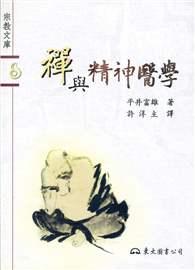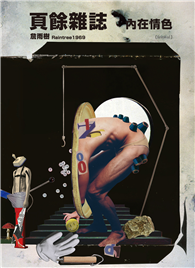The fascinating story of a British army chaplain’s buggery trial in 1774 reveals surprising truths about early America.
On the eve of the American Revolution, the British army considered the case of a chaplain, Robert Newburgh, who had been accused of having sex with a man. Newburgh’s enemies cited his flamboyant appearance, defiance of military authority, and seduction of soldiers as proof of his low character. Consumed by fears that the British Empire would soon be torn asunder, his opponents claimed that these supposed crimes against nature translated to crimes against the king.
In Vicious and Immoral, historian John McCurdy tells this compelling story of male intimacy and provides an unparalleled glimpse inside eighteenth-century perceptions of queerness. By demanding to have his case heard, Newburgh invoked Enlightenment ideals of equality, arguing passionately that his style of dress and manner should not affect his place in the army or society. His accusers equated queer behavior with rebellion, and his defenders would go on to join the American cause. Newburgh’s trial offers some clues to understanding a peculiarity of the late eighteenth and early nineteenth century: while gay acts were prohibited by law in much of the British empire, the newly formed United States was comparatively uninterested in legislating against same-sex intimacy.
McCurdy imagines what life was like for a gay man in early America and captures the voices of those who loved and hated Newburgh, revealing how sexuality and revolution informed one another. Vicious and Immoral is the first book to place homosexuality in conversation with the American Revolution, and it dares us to rethink the place of LGBTQ people in the founding of the nation.












